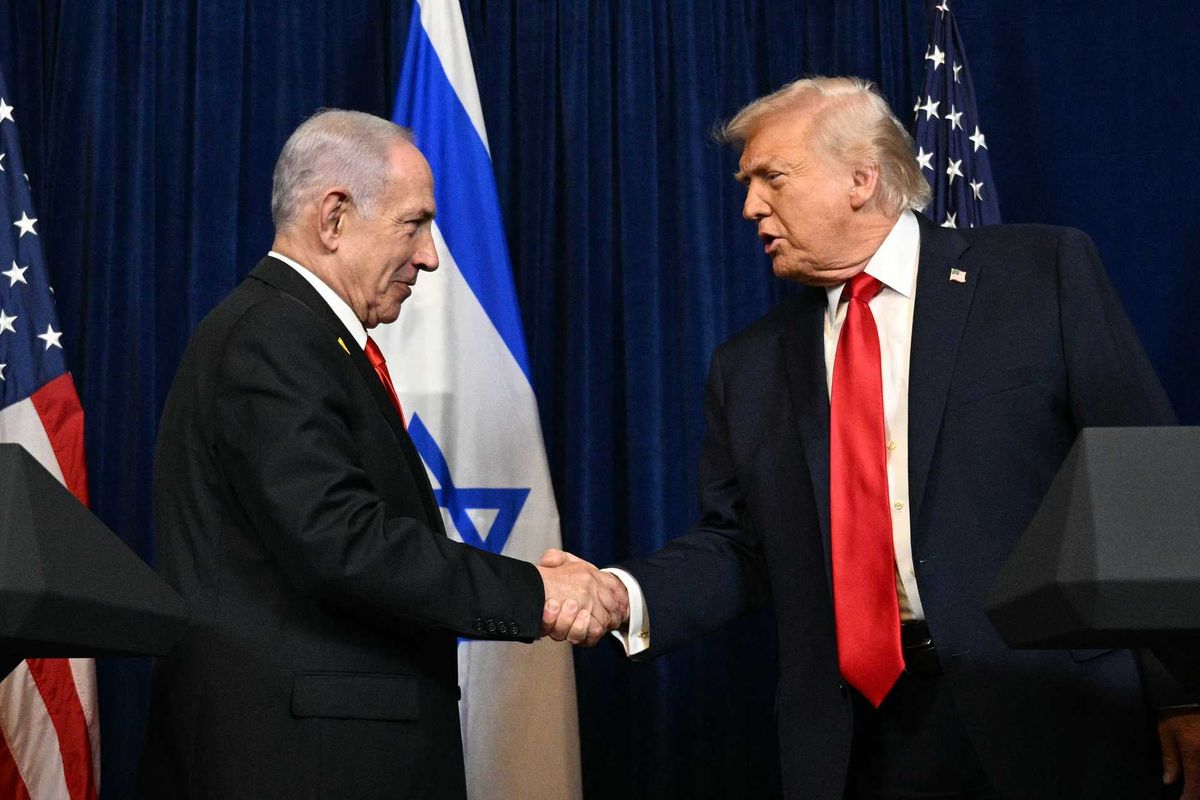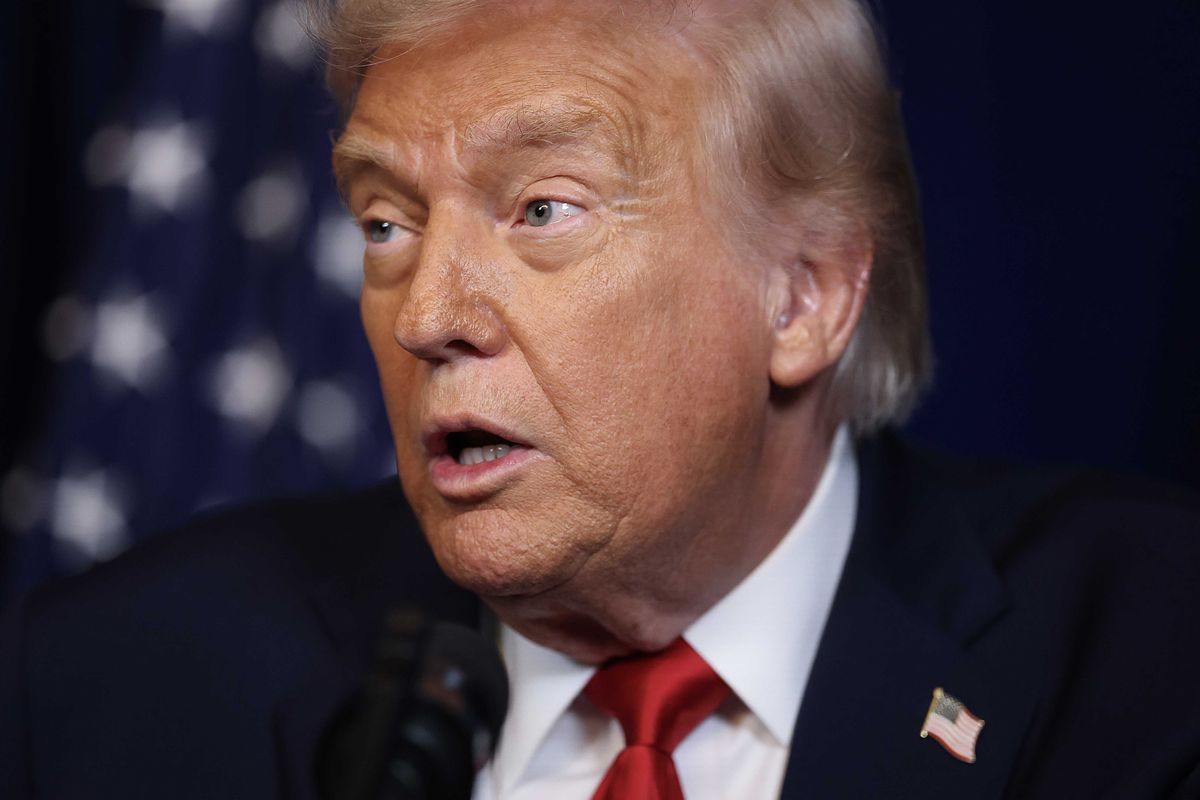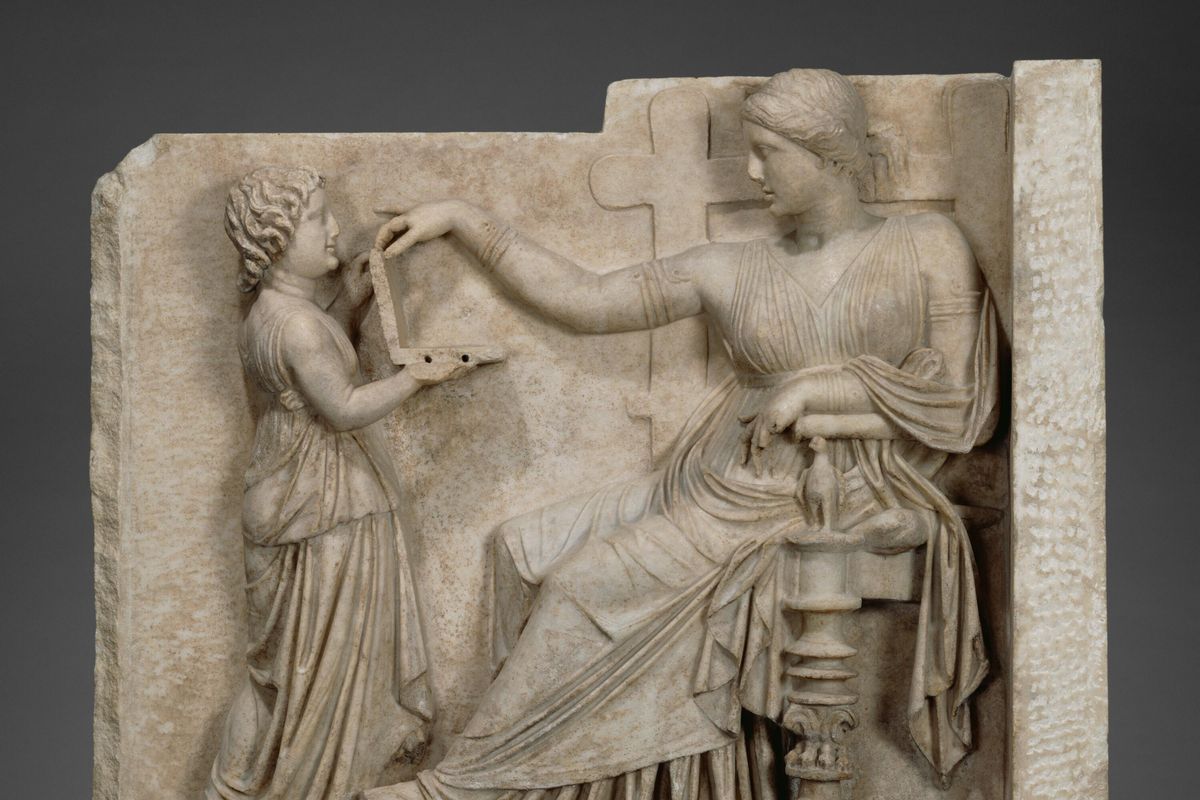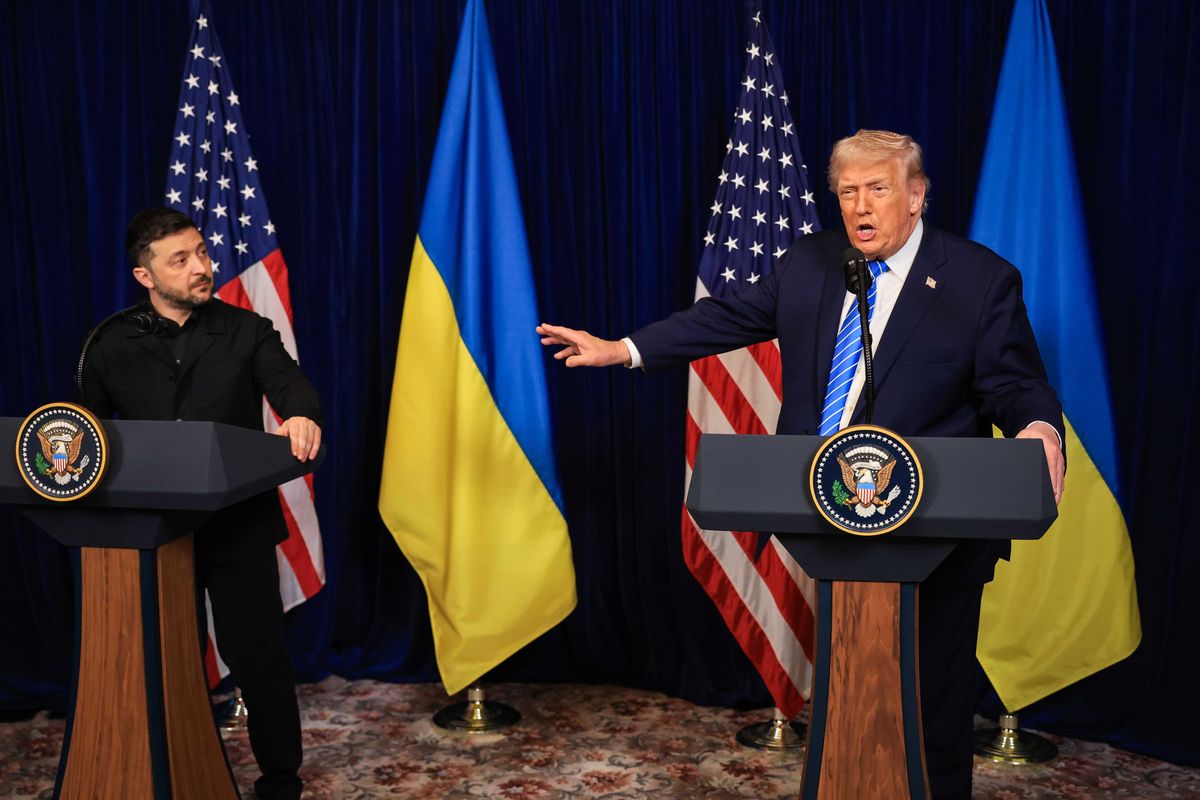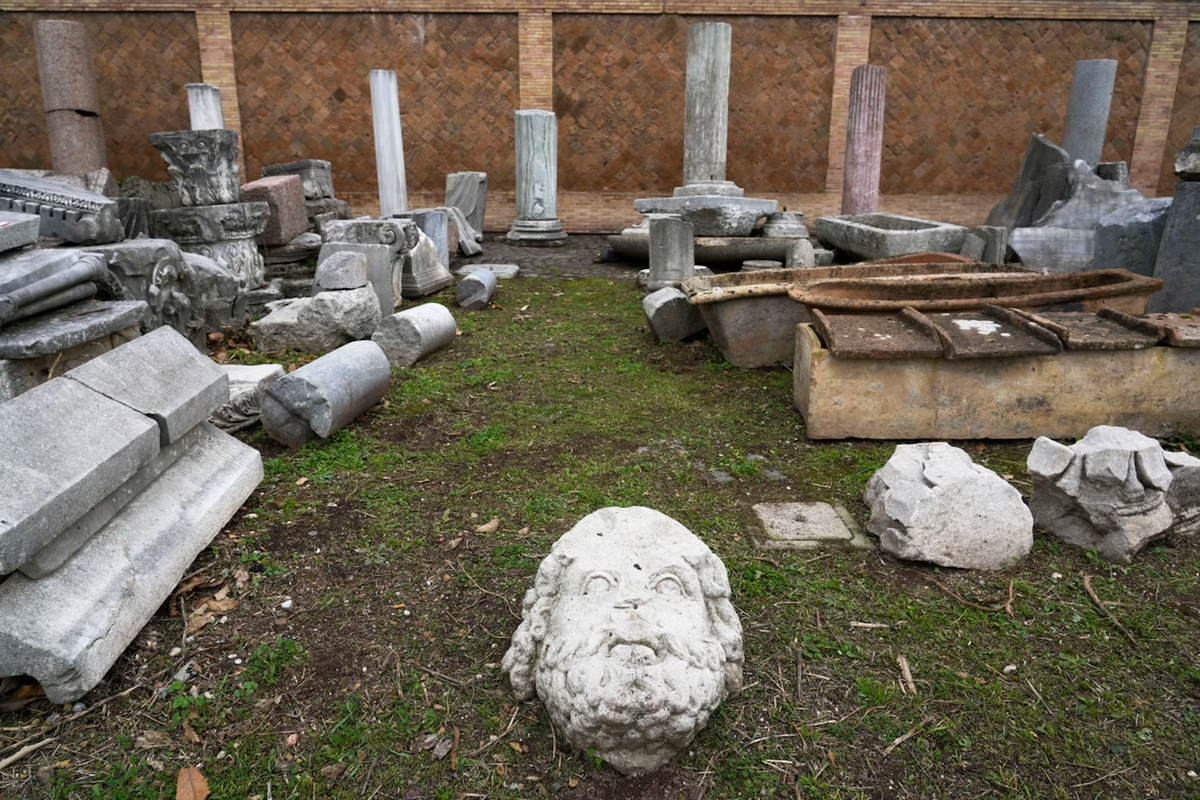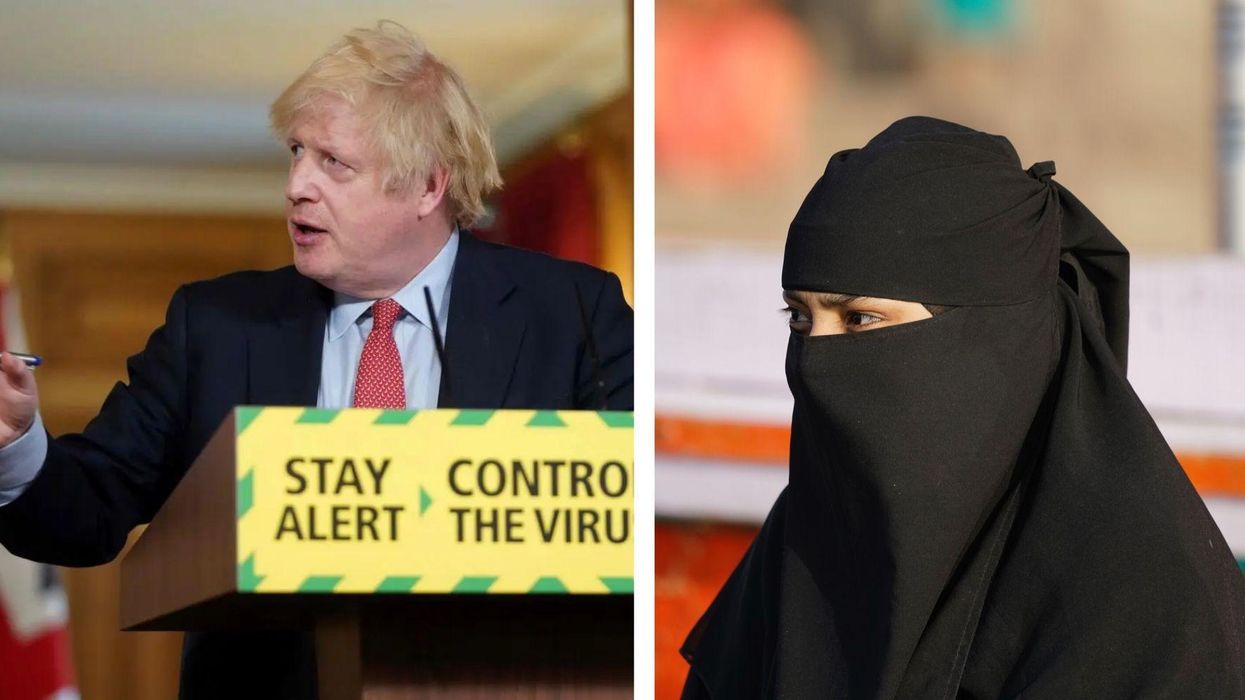
At first, they referred to this dreadful disease as a great equaliser.
But over the past month or so, we have seen how coronavirus, and the economic impact of protecting ourselves from it, has shone a harsher light on the existing inequalities in our society.
Perhaps the uniformity of face masks could unite us all.
Yesterday it was announced that from 15 June, face coverings will be compulsory on all public transport. It’s interesting to me – as a Muslim woman – that Boris Johnson’s government now not only supports but actively obliges people to go about their lives wearing garments that obscure most of their faces.
Covid-19 has a disproportionate impact on people from black, Asian and minority ethnic (BAME) communities, with 33 per cent of critically ill patients from a minority background, despite accounting for just 19 per cent of the UK’s overall population.
As a Muslim woman working at a Muslim aid agency, Islamic Relief, I have rolled my eyes at warnings to people from my community against breaking lockdown rules to socialise with family and friends during Ramadan and Eid – while hundreds of non-Muslims held VE Day street parties to very little scrutiny.
And now, as European countries begin to ease lockdown restrictions, I can’t help but think there’s a similar hypocrisy in some states that have long taken a hardline approach against the niqab, which covers the face, and the burka, which covers both face and body, now mandating face coverings by law.
Contrary to what some intolerant people on the far-right may think, the number of Muslim women who wear the burqa or niqab is incredibly small.
But now, as men and women, Muslims and non-Muslims, are covering their face in a different way, I chuckle to myself as I wonder: could coronavirus mean we are all basically niqabis now? Could this, in fact, be our equaliser?
Now don’t get me wrong – I don’t wear the niqab myself. My personal view is that if a woman covers her face, she removes a large chunk of her identity and puts up a literal and metaphorical barrier to participation in public life.
It is my spiritual choice to wear hijab – the veil that just covers the hair. But everybody has a choice to wear their own level of covering. My daughters choose not to wear hijab and that’s up to them. I have friends who do wear niqab, and that’s fine.
There is an assumption that if a woman is Muslim, she automatically doesn’t have a choice. This may be the case for some, as it is for women around the world, of all faiths and none.
We live in a world in which women are still held back both in and out of the workplace, where one in three women experiences gender-based violence in her lifetime. This is why Islamic Relief is launching an Islamic Gender Justice Declaration later this year to create bold commitments to ending gender injustice across the world.
But if it is the case that a woman is forced to dress a certain way by patriarchal family structure, I don’t see how the patriarchal state forcing her to dress the opposite way helps her to choose her own path. Why should anybody dictate what a woman should or shouldn’t wear?
Of course in a global emergency, different rules apply, and we are being told to cover our faces in the interest of public safety. But funnily enough it is under the guise of ‘public safety’ that some governments have banned face coverings in recent years.
We often hear the debate on why women should not be wearing the burqa or niqab as their identities must be recognised at all times for the sake of safety and crime. And yet nothing is mentioned of the threat of people in face masks up and down the country during the pandemic. For me it is clear that Islamophobia has always been at play here.
I am hoping that in normalising something that has become so vilified, we can go some way to reducing discrimination in society. Already in this crisis, we are seeing the best of what different communities can offer.
In my spare time I volunteer with my local mosque, co-ordinating a food bank that serves Muslims and non-Muslims. Earlier this week, a non-Muslim man caring for his elderly mother told me that when he first saw me, a Muslim woman, he bristled, having absorbed some of society’s deep-rooted prejudices. But he told me that during this most difficult time in his life, he was seeing the true colours of multicultural Britain.
So perhaps we are starting to see what unites us all. Perhaps we can make this deadly disease the great equaliser after all – perhaps we can all start to come together against intolerance, to embrace our shared values and to learn to live together, regardless of our differences.
Shahin Ashraf is head of global advocacy at Islamic Relief
